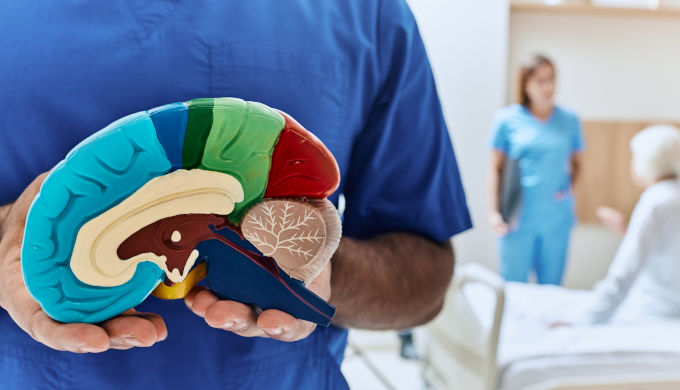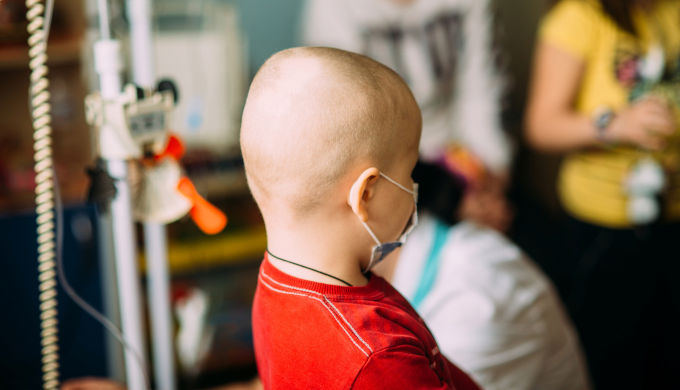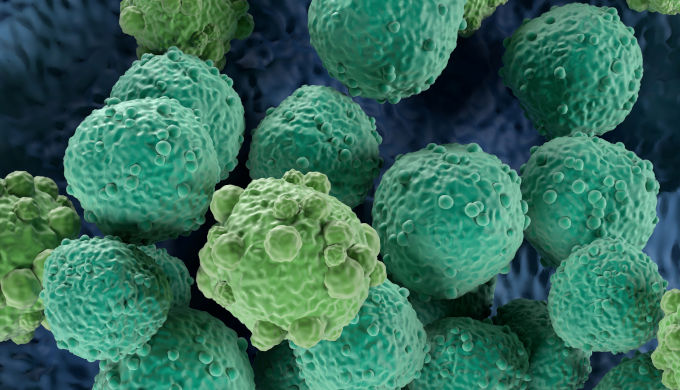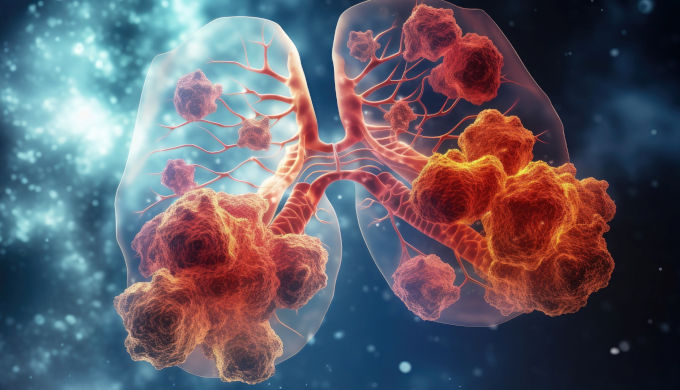Mycophenolate mofetil withdrawal feasible in SLE patients with stable disease

Patients with systemic lupus erythematosus may be able to stop taking mycophenolate mofetil once their condition becomes stable without significantly increasing their risk for flare compared with continuing treatment, suggests an open-label, randomized controlled trial.
This independent news story was supported by an educational grant from L’Institut Servier, Suresnes, France.
Tixagevimab plus cilgavimab offers COVID-19 protection for haematological cancer patients

Tixagevimab and cilgavimab immunoprophylaxis may help protect patients with haematological malignancies from COVID-19 infection and hospitalisation, suggests a research letter published in JAMA Oncology.
This independent news story was supported by an educational grant from L’Institut Servier, Suresnes, France.
Blood immunoassay shows high diagnostic accuracy for Alzheimer’s disease pathology

A commercially available plasma phosphorylated (p)-tau217 immunoassay outperforms other biomarkers in accurately identifying biological Alzheimer’s disease, suggest findings from a study across three observational cohorts.
This independent news story was supported by an educational grant from L’Institut Servier, Suresnes, France.
Bevacizumab addition to temozolomide chemotherapy may improve neuroblastoma response

Findings from the BEACON-Neuroblastoma trial suggest that adding bevacizumab to temozolomide-based chemotherapy may improve the objective response rate for children with high-risk, relapsed or refractory disease.
This independent news story was supported by an educational grant from L’Institut Servier, Suresnes, France.
Add-on telitacicept improves clinical response in patients with active SLE

Telitacicept used in addition to standard therapy shows promising efficacy in Chinese patients with active systemic lupus erythematosus, suggests a phase 2b trial published in the Annals of the Rheumatic Diseases.
This independent news story was supported by an educational grant from L’Institut Servier, Suresnes, France.
Cerliponase alfa treatment shows extended efficacy for CLN2 disease

Cerliponase alfa treatment slows the progression of neuronal ceroid lipofuscinosis type 2 disease for at least 5 years, shows an open-label extension study in The Lancet Neurology.
This independent news story was supported by an educational grant from L’Institut Servier, Suresnes, France.
VTE rates not significantly reduced by apixaban in paediatric ALL or lymphoma

Apixaban does not significantly reduce the rate of venous thromboembolism relative to standard care in paediatric patients with acute lymphoblastic leukaemia or lymphoma, show data from the phase 3 PREVAPIX-ALL trial.
This independent news story was supported by an educational grant from L’Institut Servier, Suresnes, France.
Respiratory infection risk heightened in primary Sjögren’s syndrome and ILD

Patients with primary Sjögren’s syndrome and interstitial lung disease are at increased risk of respiratory infections, particularly bacterial infections, suggests a study published in Clinical Rheumatology.
This independent news story was supported by an educational grant from L’Institut Servier, Suresnes, France.
Zonulin shows biomarker potential for celiac disease in at-risk children

Serum levels of the protein zonulin, high levels of which are associated with increased intestinal permeability, may be a useful biomarker for the development of celiac disease autoimmunity in children at genetic risk of the condition, suggest findings from the CD-GEMMA study.
This independent news story was supported by an educational grant from L’Institut Servier, Suresnes, France.
Plasma p-tau217 may help select Alzheimer’s disease patients for anti-amyloid immunotherapy

Plasma phosphorylated (p)-tau217 may be an effective biomarker for identifying patients with Alzheimer’s disease who are most likely to benefit from anti-amyloid immunotherapies based on amyloid (A)β positivity and tau pathology, say investigators.
This independent news story was supported by an educational grant from L’Institut Servier, Suresnes, France.